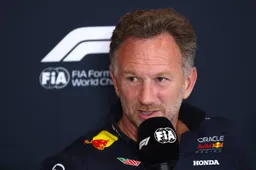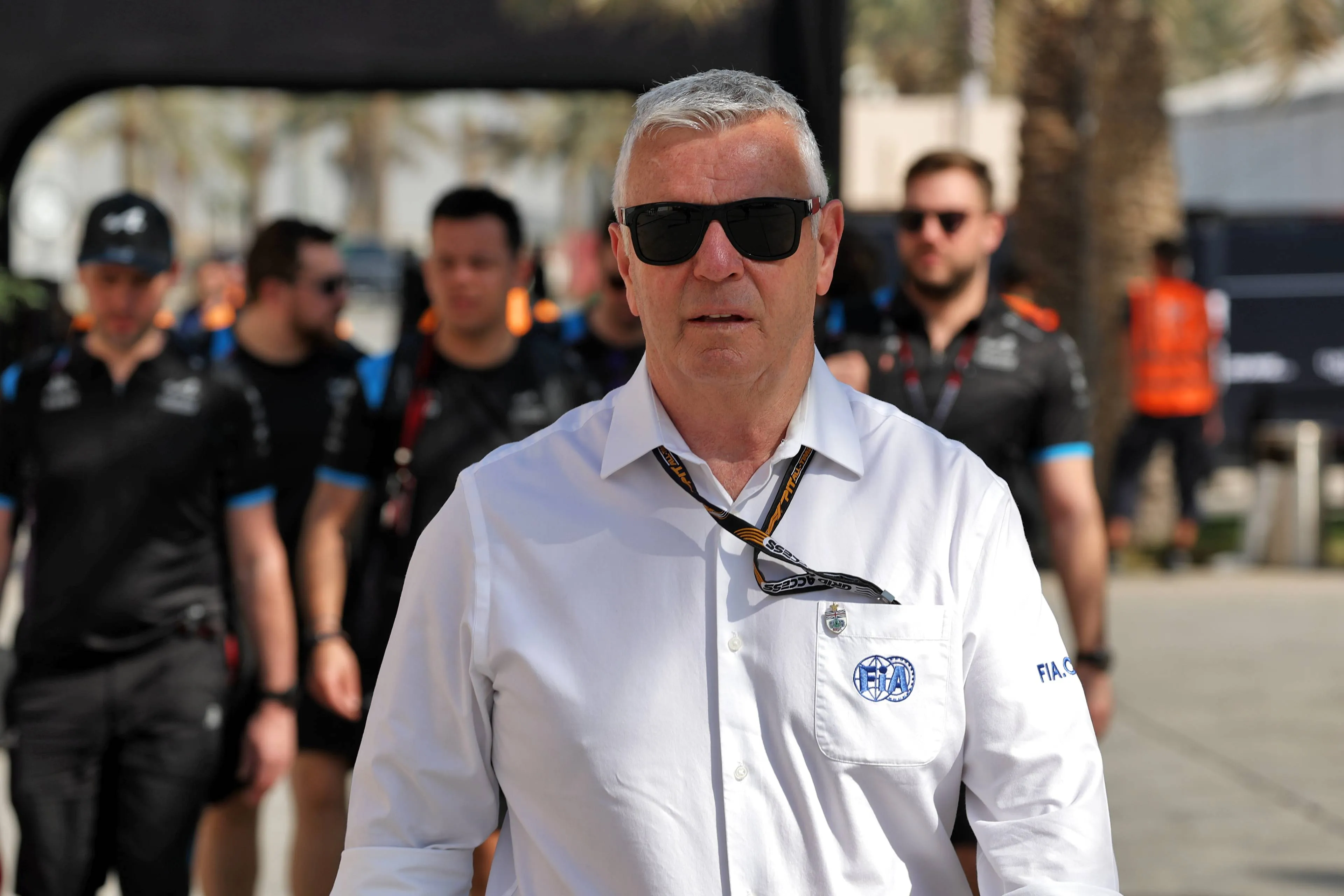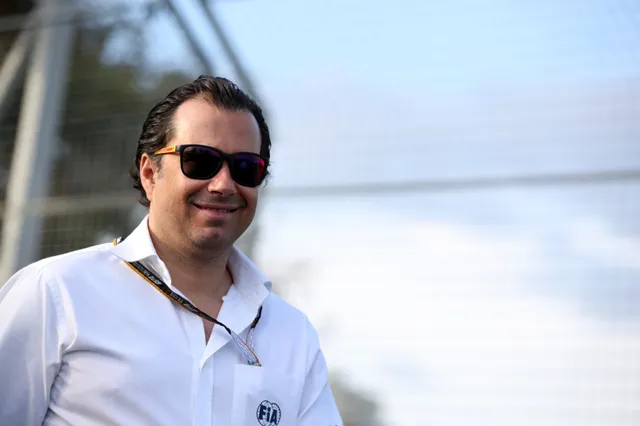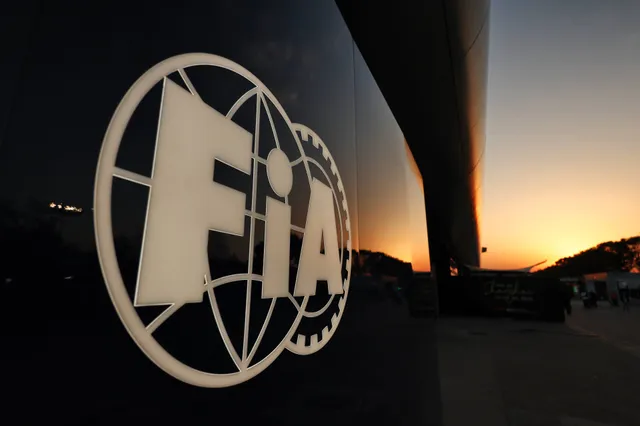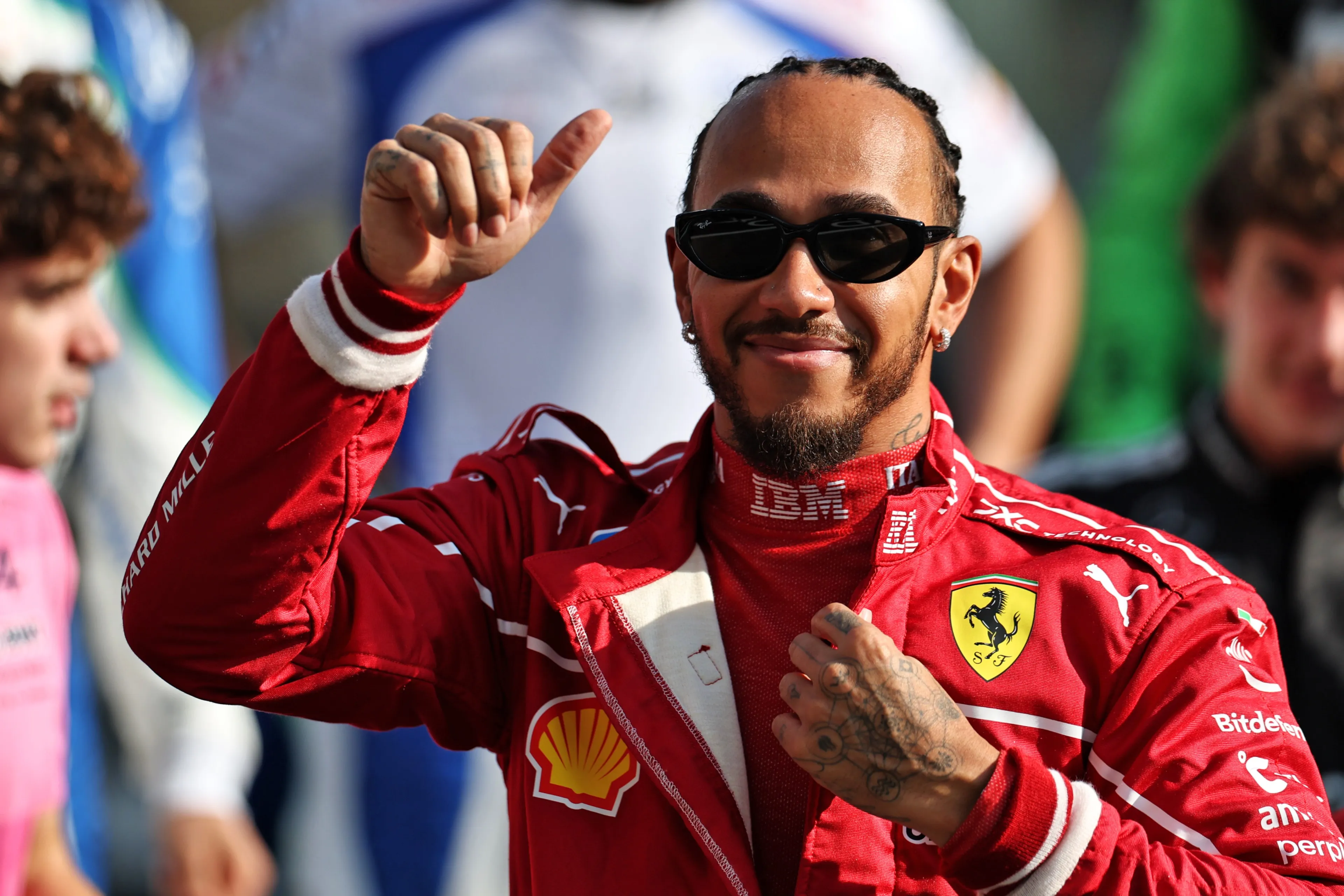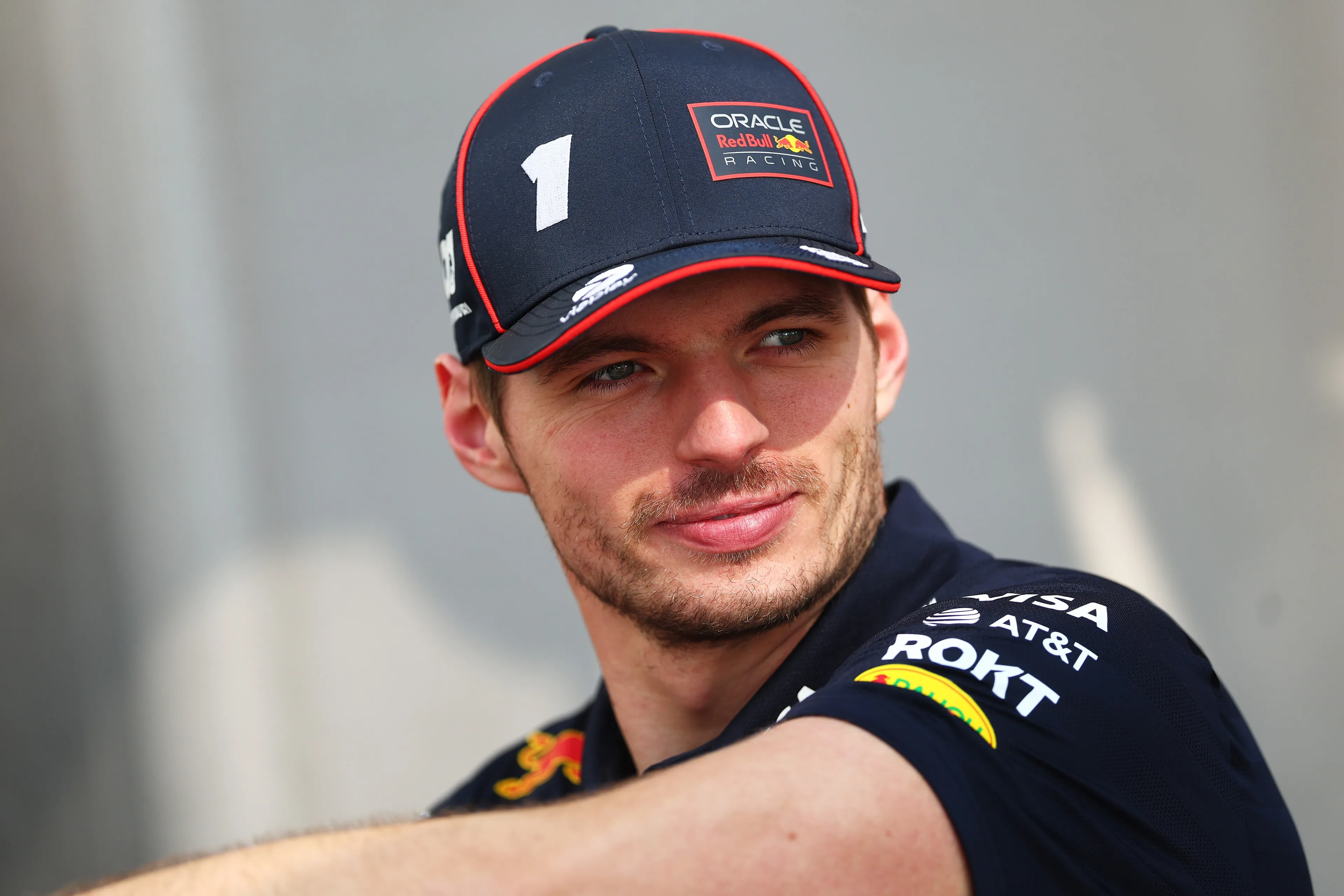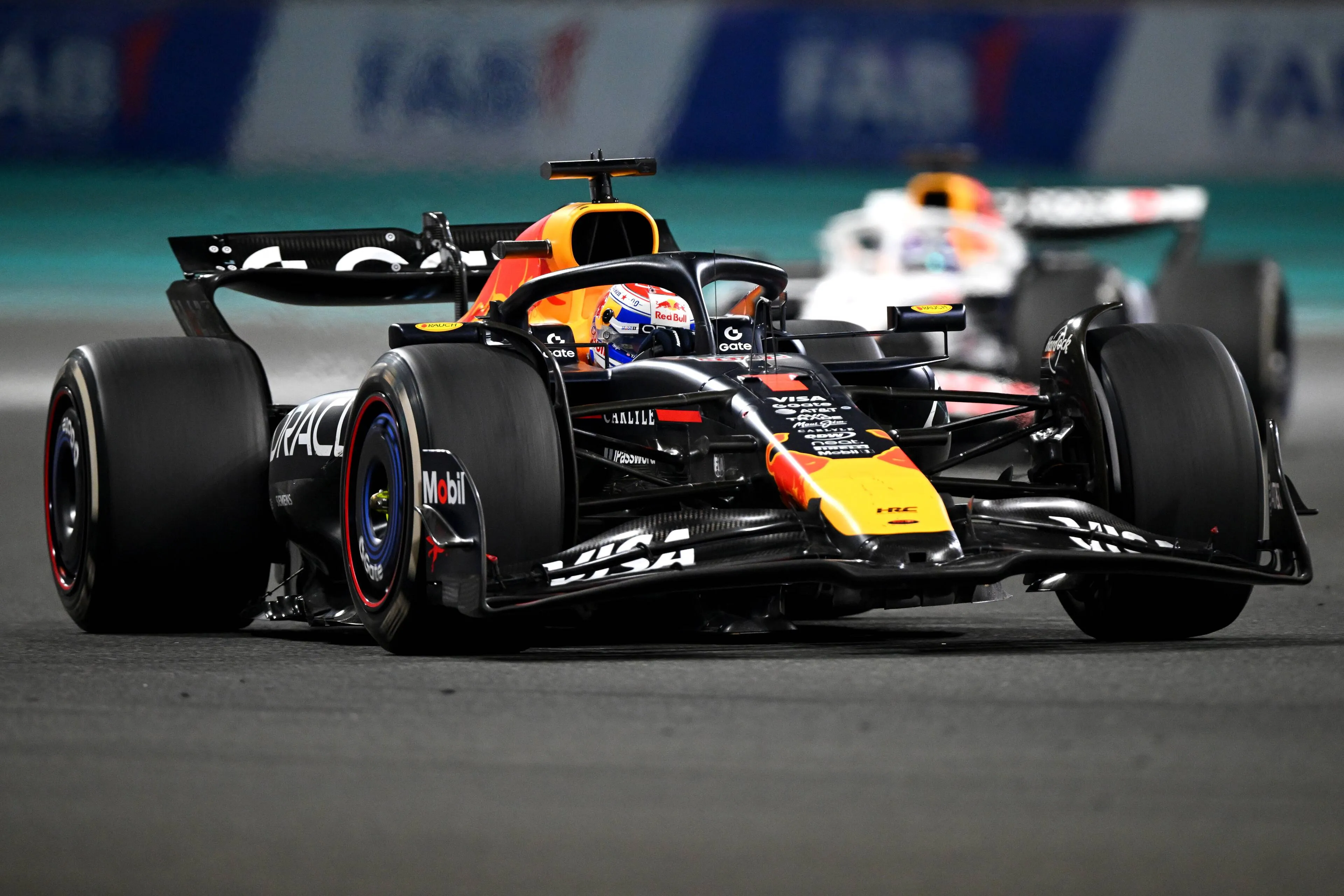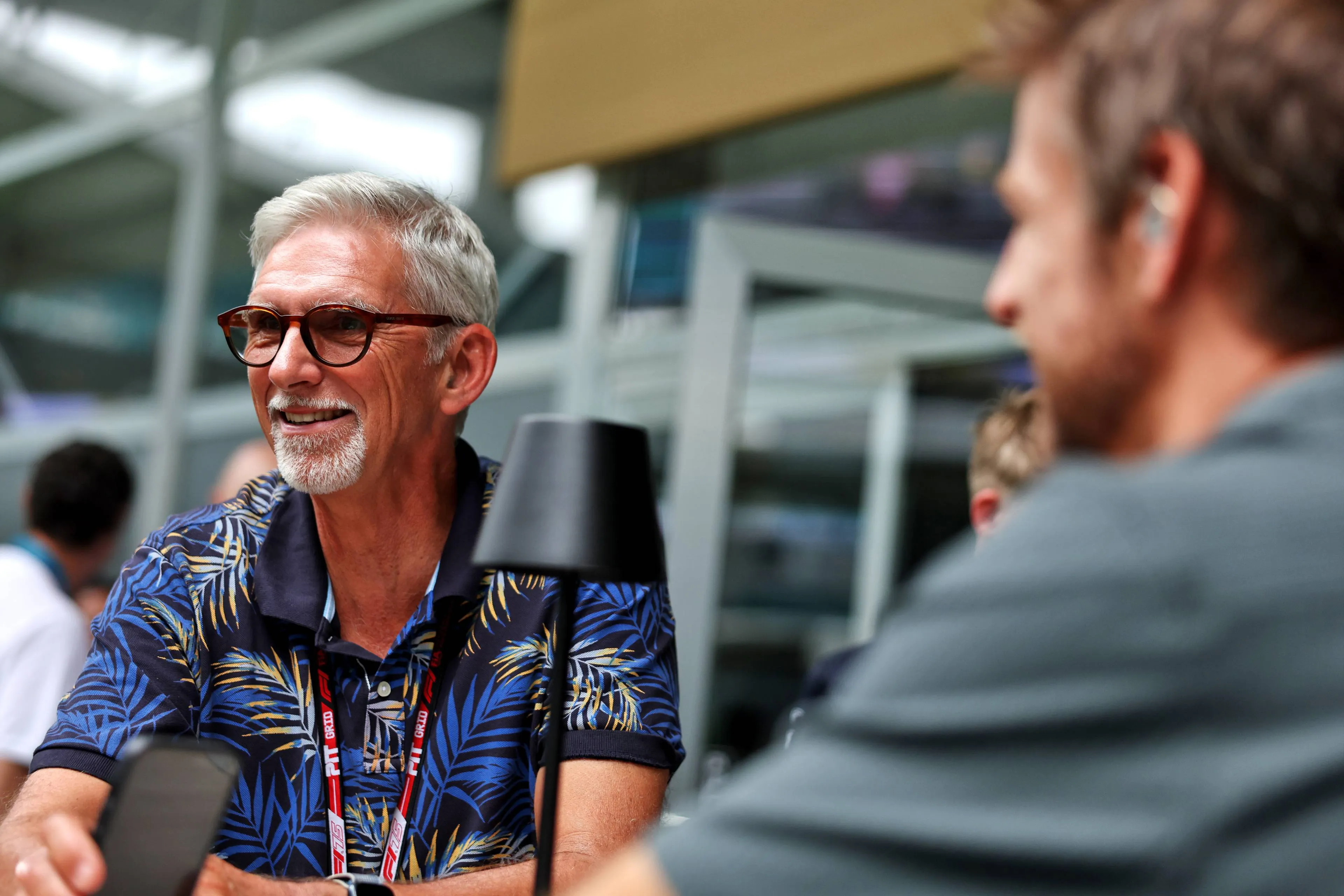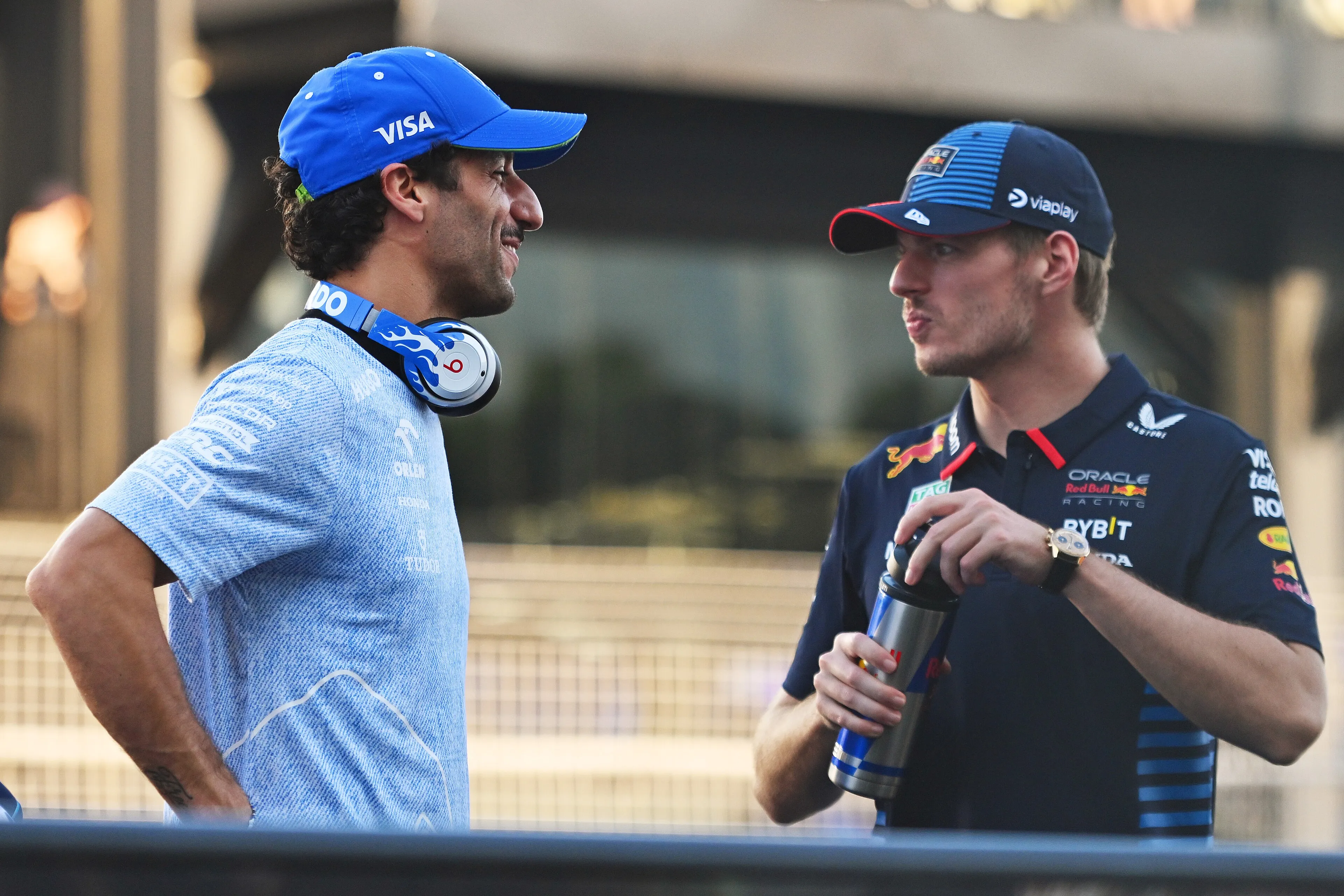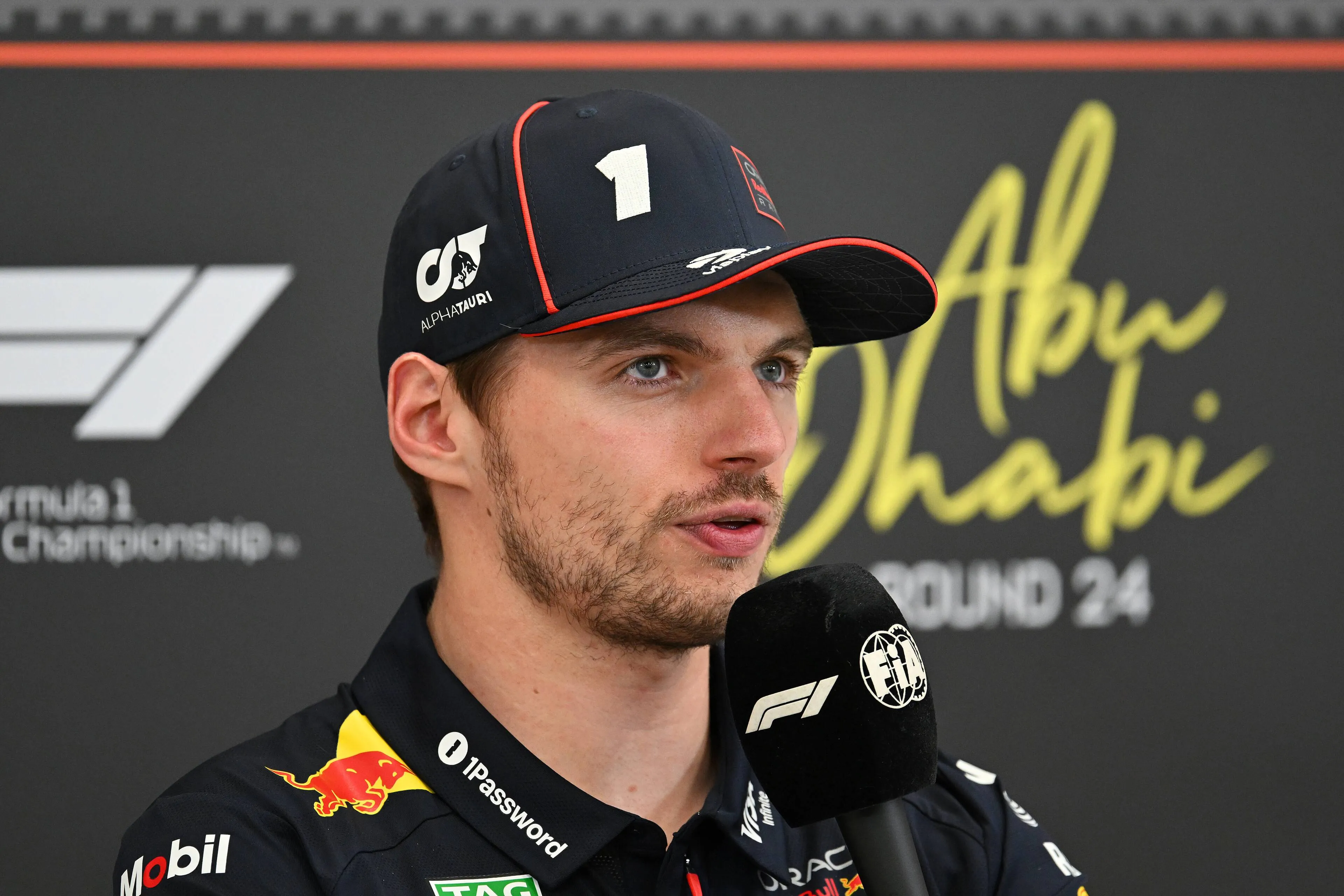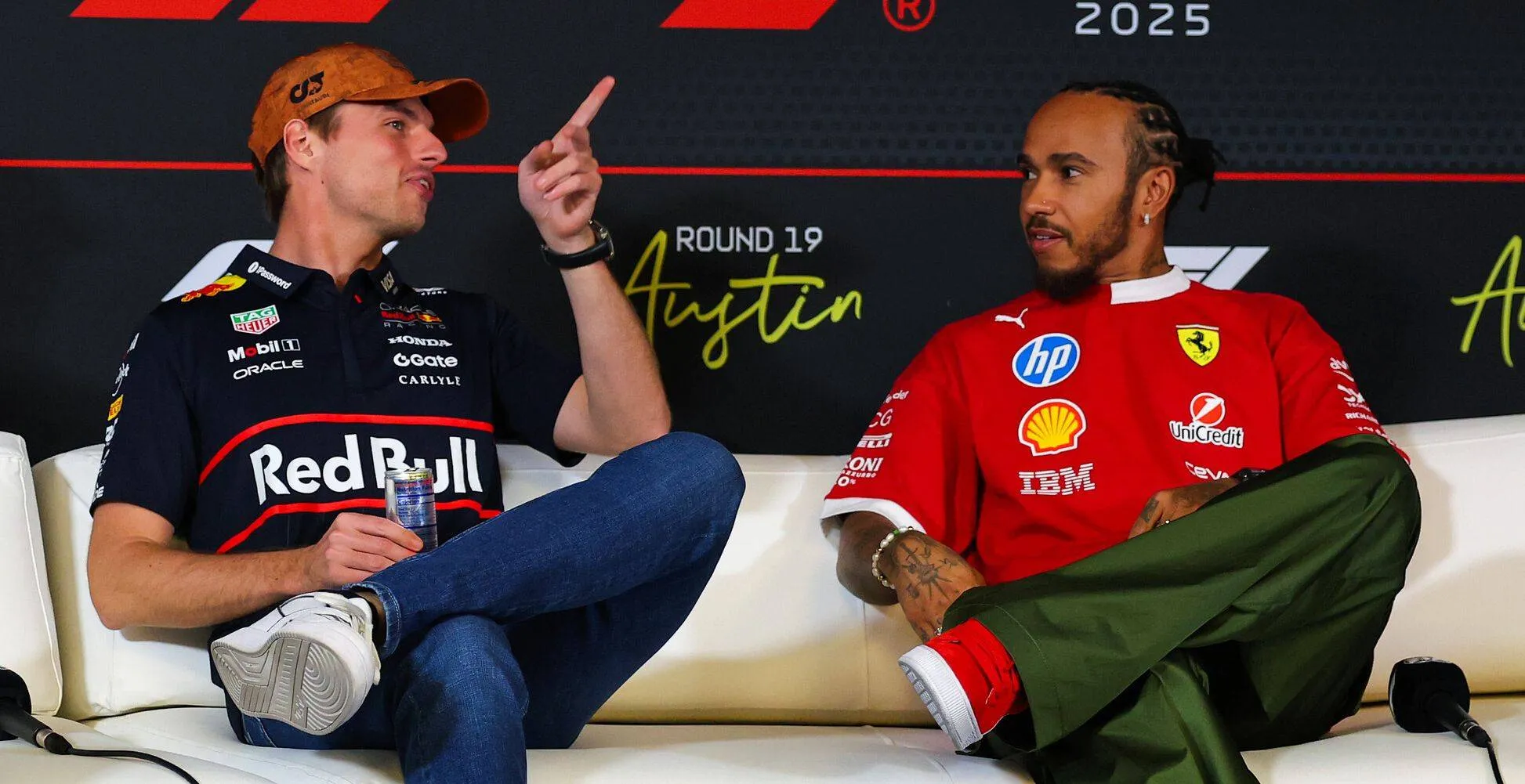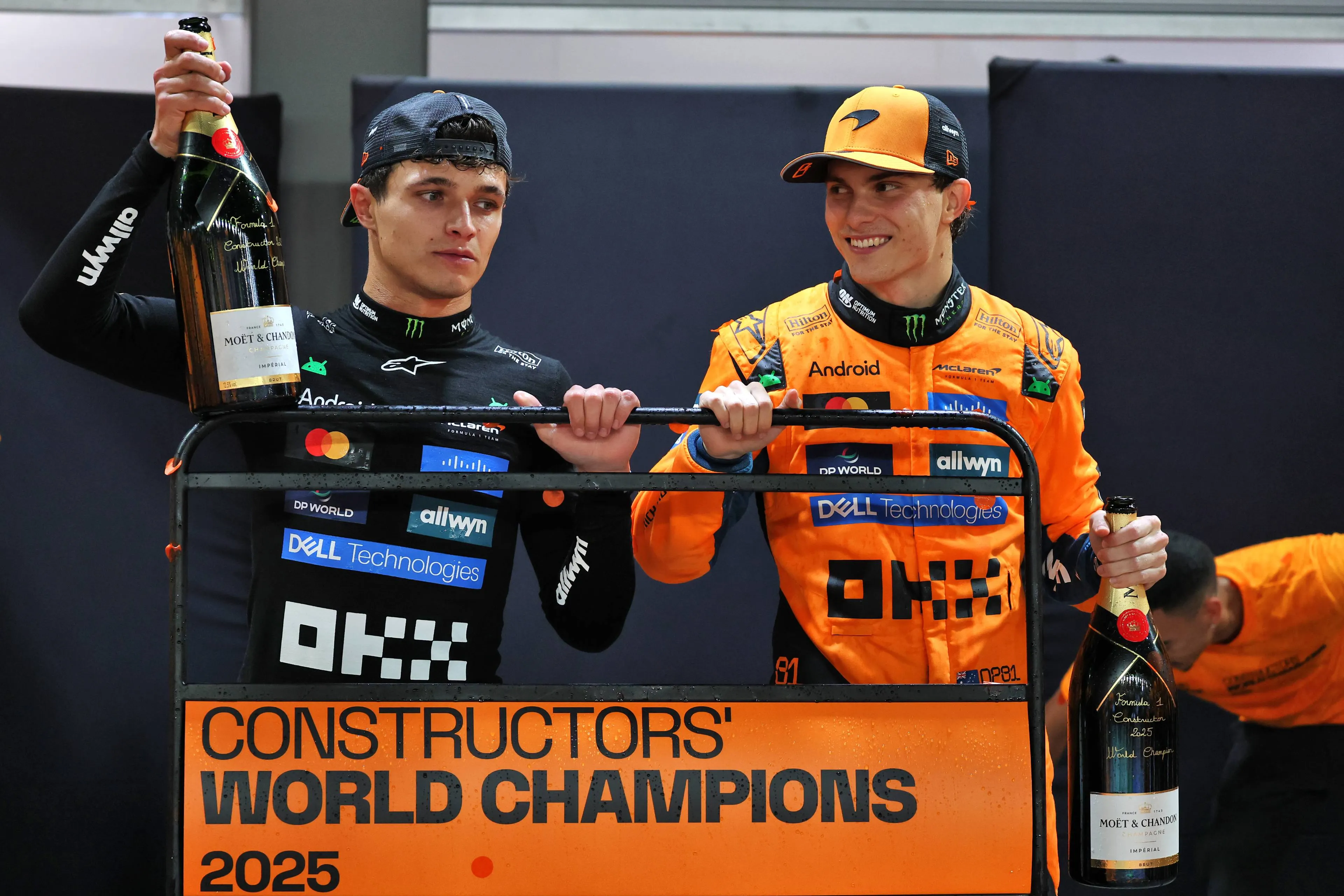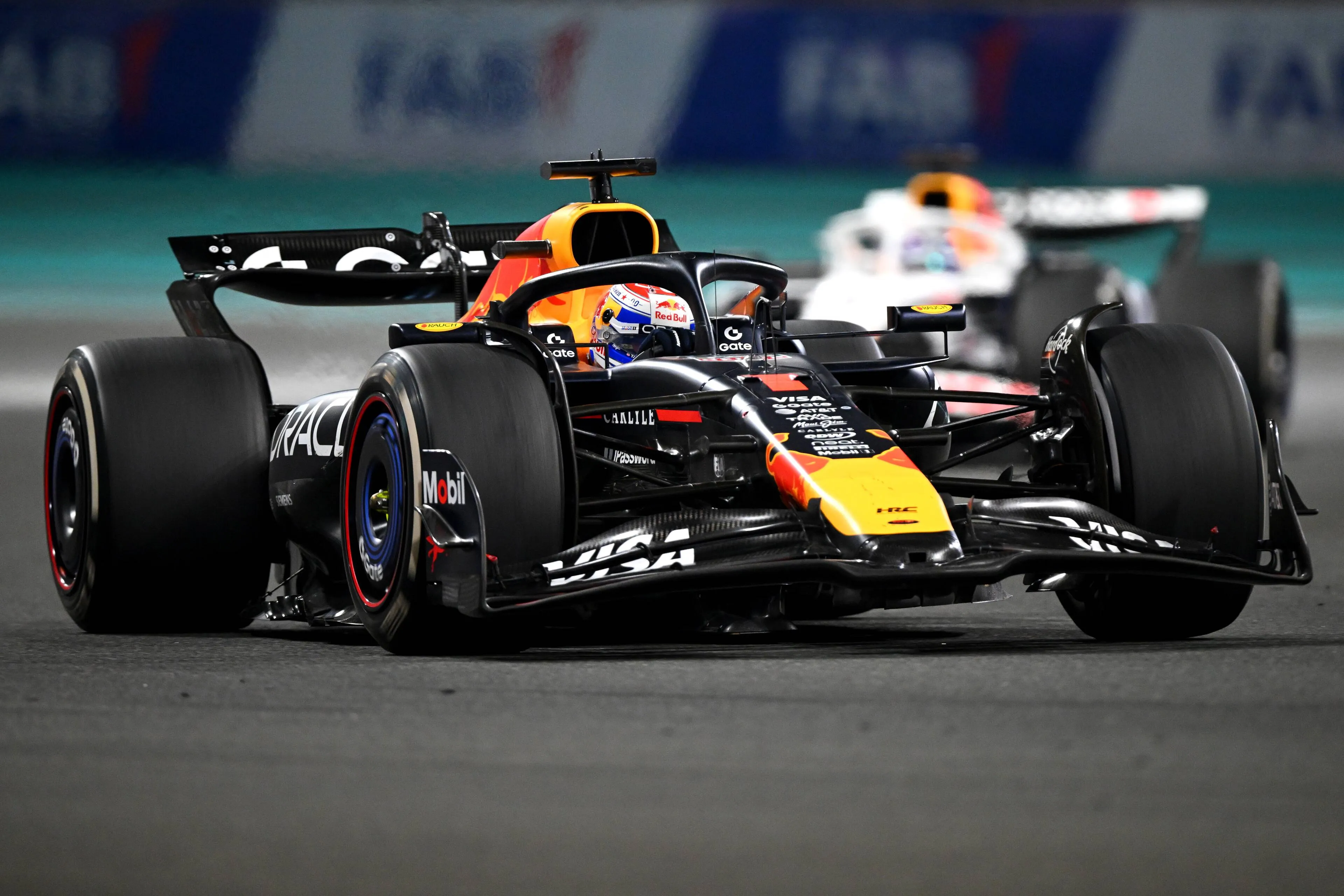FIA stewards and betting site interviews: a growing source of controversy
Derek Warwick has been temporarily suspended from his role as FIA steward after taking part in an interview with a betting website. This makes him the second F1 steward to face disciplinary action from the FIA for participating in media activities on the side. Why are these interviews causing so much trouble? Let’s jump right into it.
Following the conclusion of FP2, the FIA put out a statement announcing that Warwick was suspended and relieved of his steward duties for the remainder of the Canadian GP weekend. “Following recent unauthorised media comments, the FIA has taken the decision to suspend Derek Warwick from his duties as driver steward for this weekend’s Canadian Grand Prix”, the statement read.
“He will be replaced by Enrique Bernoldi who will be officiating from the Remote Operations Centre in Geneva for the remainder of the event. After discussion, Derek acknowledges that his comments were ill-advised in his role as an FIA steward and has apologised. Derek will resume his duties as a steward in the forthcoming Austrian Grand Prix.”
The interview the FIA refers to is the one Derek Warwick did with a PR agency ahead of the Canadian Grand Prix. During this interview, he discussed the clash between Max Verstappen and George Russell in Spain and Verstappen’s future in Formula 1. His answers were less controversial than you might expect. Warwick backed the penalty given to Verstappen in Barcelona and predicted the four-time world champion to remain with Red Bull in 2026. Those comments may seem fairly innocent, but aren’t as harmless as they might appear.

Will Buxton hits nail on the head
Let's get the main point out of the way first: the issue at hand isn't the fact that a former driver is sharing his views on the sport. Will Buxton hit the nail on the head on X: "Ex drivers are crucial to the stewarding process. Ex drivers will also always be asked for their opinions." It's the most logical thing to do. After all, no one knows the sport better than those who have competed in it.
That’s exactly why many retired drivers become pundits or commentators. This isn’t just true for Formula 1 - it’s pretty much standard practice across all sports.
The hidden side of F1
You could even argue that motorsport relies more heavily on expert insiders than most other sports do. The majority of sports have pretty clear rules: what you see if often also what you get. But Formula 1 is incredibly complex, and consists out of so many rules and (hidden) aspects, that it’s virtually impossible for the average person to fully comprehend what’s going on behind the scenes.
And while many people can understand what it’s like to play football or tennis, it’s much harder to truly grasp what it’s like having to make split second decisions when racing at 300 km/h. A Formula 1 journalist that has never raced will inevitably gain a lot of knowledge about the sport, but will still never truly be able to understand the sport the way (former) drivers do. That’s why hearing a former driver’s perspective is so incredibly valuable.
Should the FIA stewards stay out of the media?
After the governing body announced the suspension of Warwick, Martin Brundle and Karun Chandhok jumped to his defense on X. Chandhok explained that he didn't understand why the FIA decided to intervene, seeing that Warwick was actually defending the decision to penalise Verstappen. But here's the thing - whether the steward spoke positively or negatively about the decision is not relevant in this case.
Generally speaking, the stewards are allowed to talk about Formula 1, provided that their comments don't harm their employer - in this case the FIA. And publically giving feedback on your companies policy is definitely not considered to be desirable behaviour.
Whilst the three stewards on duty are the ones calling the shots, the penalty is eventually handed out by the FIA as a whole. If individual stewards start making personal statements, it can create the perception of bias - something the governing body understandably wants to avoid.
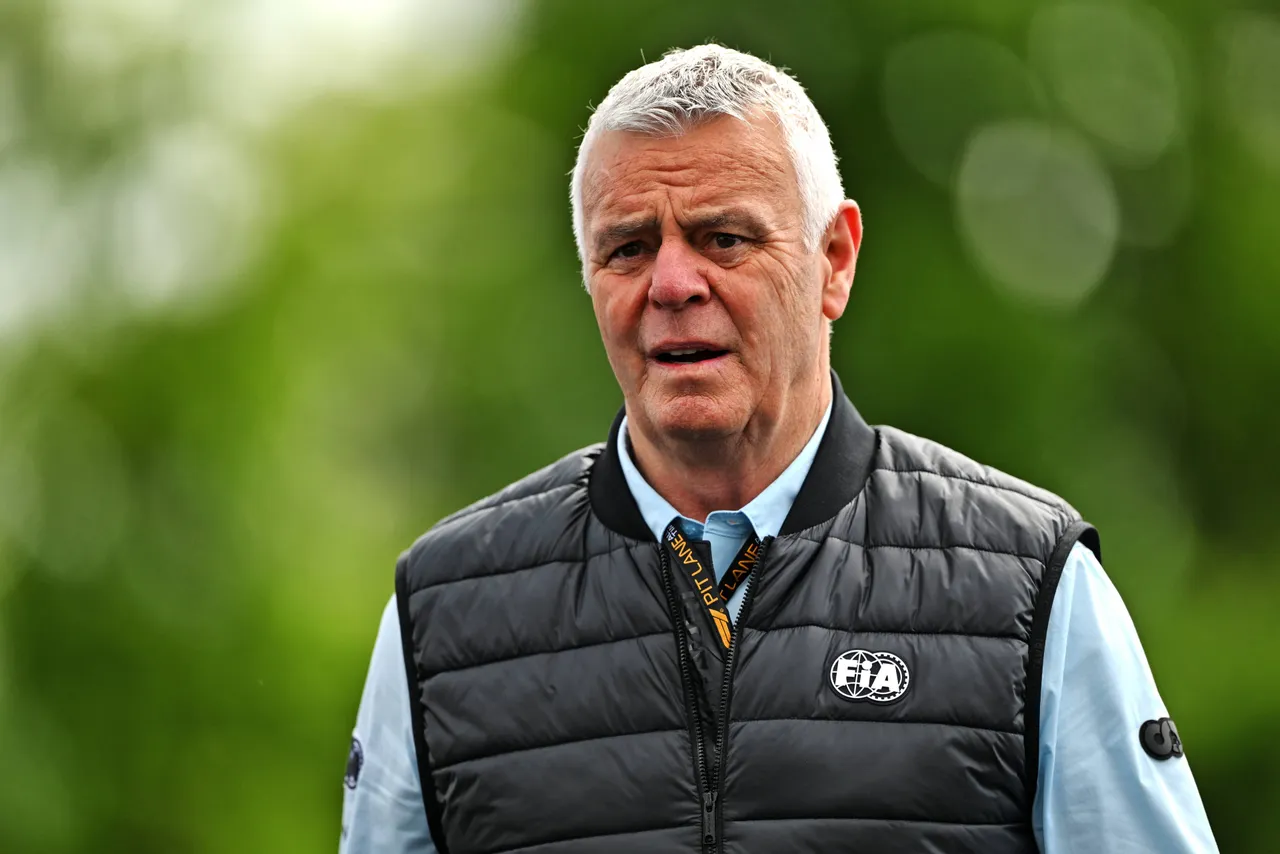
The rise of gambling sites in F1
And that brings us to the last point: the manner the interview was brought into the world. Had Warwick been a guest on a podcast, or had he done an interview with a traditional medium, there would undoubtedly have been a lot less criticism. In fact, GPblog was able to speak to the steward earlier this year, without it bringing up any issues.
In this case, he was paid for the interview by a PR agency, working on behalf of a gambling site. The agency then distributed his quotes to various media outlets via e-mail. The outlets were told they could use the quotes, provided they cited the betting site as the source and included a link to the website. This is a smart tactic intended to improve the visibility of the gambling sites on Google.
Lucrative business for former F1 drivers
What was once a rarely used business model, has pretty much become standard practice in the gambling industry. Nowadays, a lot of gambling sites have brought PR agencies on board, giving them access to some pretty high profile Formula 1 personalities. While interviews done with traditional media leave them with no compensation, those done for betting sites can earn them 2500 euros - and sometimes more. It's hard to blame them for making that choice.
But in that financial compensation also lies a huge risk. Naturally, controversial or provocative quotes are much more likely to be picked up by other media outlets, leading to an increase in exposure for both the gambling site and the personality. The more buzz the interviews generate, the more likely the interviewee is to get another deal out of it. This could lead to content that's driven by financial gain, rather than pure passion for the sport.
The business model also puts the media in a difficult position, seeing that the regulations around betting sites is getting stricter by the minute.

Johnny Herbert also sidelined by FIA
Warwick is not the first steward to earn an extra bit of money this way, and nor is he the first to run into trouble with the FIA for it. Johnny Herbert was previously sidelined by the FIA, as the governing body felt that 'his duties as a steward and as a media pundit were no longer compatible'. As a result, the two parties 'mutually' parted ways.
Read also
Popular on GPBlog
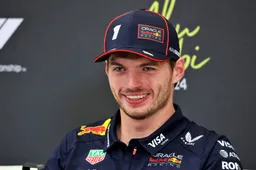
Verstappen rules out Red Bull exit amid clear F1 retirement timeline
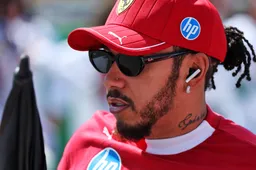
Hamilton backed for eighth title as Andretti refuses to write F1 star off

Trump makes obscene gesture and swears while visiting Red Bull's engine partner
